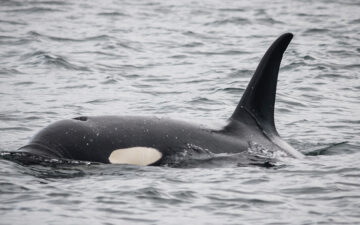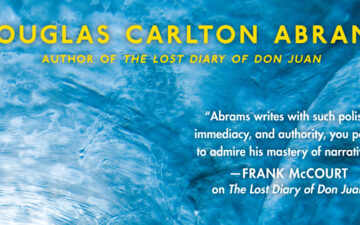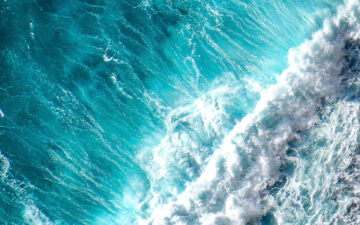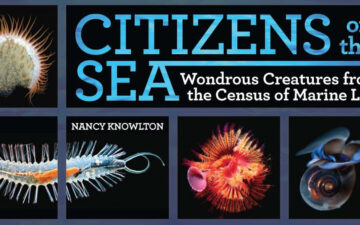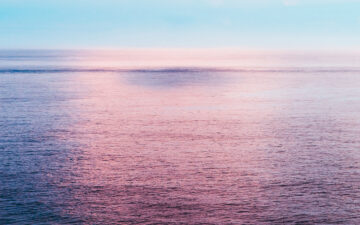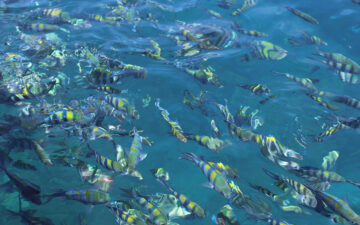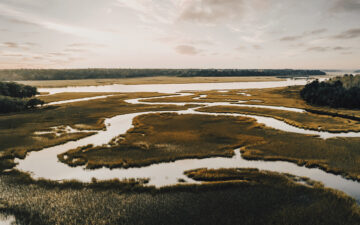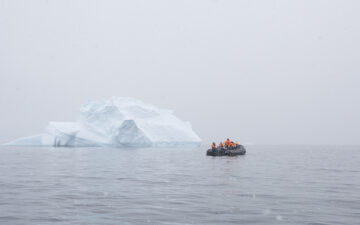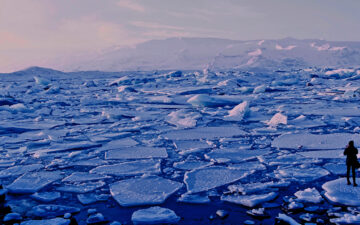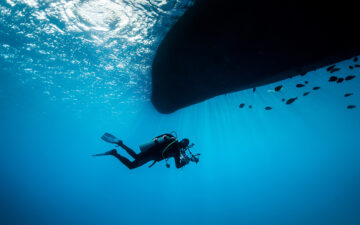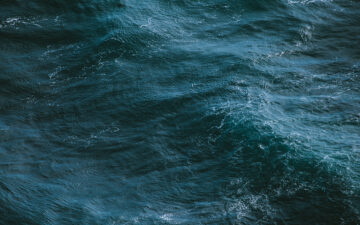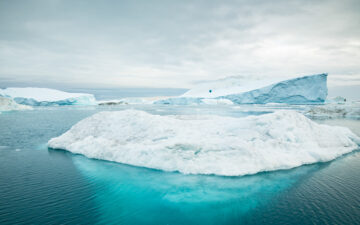Newstream
Whales and Dolphins: Behavior, Biology and Distribution (Animal Science, Issues and Professions)
Authors: Craig A. MurrayPublication Date: Thursday, September 30, 2010 The biology of cetaceans is one of the most compelling areas of research because of the extreme adaptations whales and dolphins have had …
Eye of the Whale: A Novel
Authors: Douglas Carlton AbramsPublication Date: Tuesday, September 28, 2010 Filled with “breathtaking scenes” and “vivid” (Publishers Weekly) imagery, national bestselling author Douglas Carlton Abrams’s riveting ecological thriller blends shockingly true facts with …
Sustainable Infrastructure: The Guide to Green Engineering and Design
Authors: S. Bry SartePublication Name: WileyPublication Date: Monday, September 27, 2010 As more factors, perspectives, and metrics are incorporated into the planning and building process, the roles of engineers and designers are increasingly …
Citizens of the Sea: Wondrous Creatures From the Census of Marine Life Primary tabs
Authors: Nancy KnowltonPublication Date: Tuesday, September 14, 2010 The astonishing diversity of ocean life will wow you in this riveting book, perfect for all ages, by marine scientist Nancy Knowlton. Citizens of …
Saved By the Sea: A Love Story with Fish
Authors: David HelvargPublication Date: Tuesday, May 11, 2010 From bodysurfing in Central American war zones, diving barrier reefs with his tragically fated love, Nancy, or being bumped by a whale off Antarctica, …
Silver nanospheres are cytotoxic and genotoxic to fish cells
Authors: Mark J. Spalding, John Pierce Wise Sr., Britton C. Goodale, Sandra S. Wise, Gary A. Craig, Adam F. Pongan, Ronald B. Walter, W. Douglas Thompson, Ah-Kau Ng, AbouEl-Makarim Aboueissa, Hiroshi …
The Economic And Market Value Of America’s Coasts And Estuaries: What’s At Stake?
Authors: Linwood H. PendletonPublication Date: Wednesday, January 28, 2009 The Economic And Market Value Of America’s Coasts And Estuaries: What’s At Stake examines the current state of what we know about the …
Science Diplomacy. Antarctica, Science, and the Governance of International Spaces.
Authors: Paul Arthur Berkman, Michael A. Lang, David W.H. Walton, and Oran R. YoungPublication Name: SmithsonianPublication Date: Thursday, January 1, 2009
Smithsonian At The Poles. Contributions to International Polar Year Science.
Authors: Igor Krupnik, Michael A. Lang, and Scott E. Miller (eds.)Publication Name: SmithsonianPublication Date: Thursday, January 1, 2009
The Future of Diving: 100 Years of Haldane and Beyond
Authors: Michael A. Lang and Alf. O. BrubakkPublication Name: SmithsonianPublication Date: Thursday, January 1, 2009
Conflict Resolution for Addressing Climate Change With Ocean-Altering Projects
Authors: Mark J. Spalding and Charlotte de FontaubertPublication Name: Environmental Law Reporter. October 2007: 37 ELR 10740.Publication Date: Monday, October 1, 2007
Proceedings of the International Polar Diving Workshop
Authors: Lang, M.A. and M.D.J. Sayer (eds.)Publication Name: SmithsonianPublication Date: Thursday, March 15, 2007
